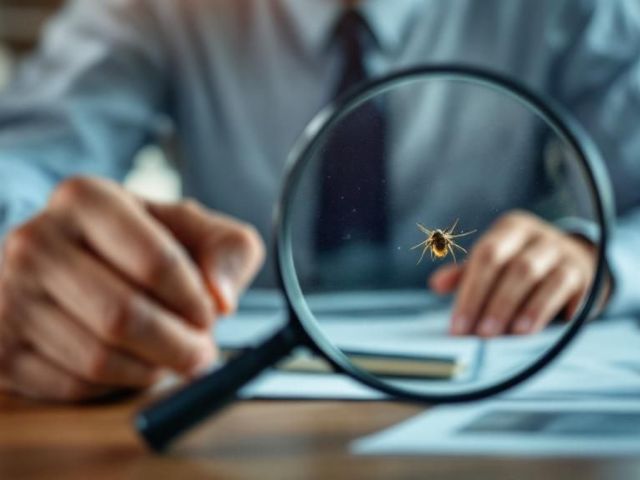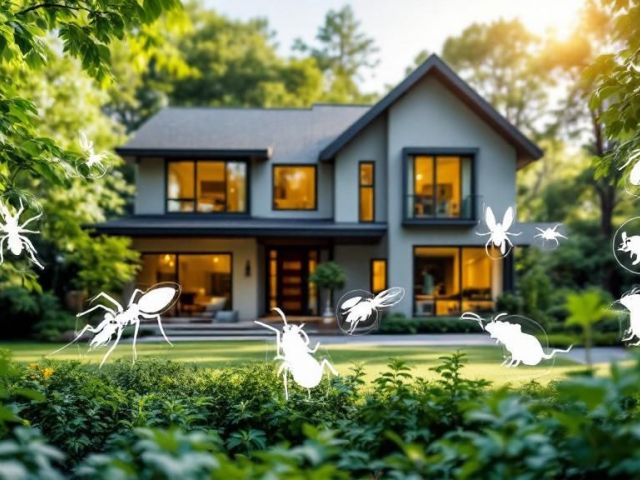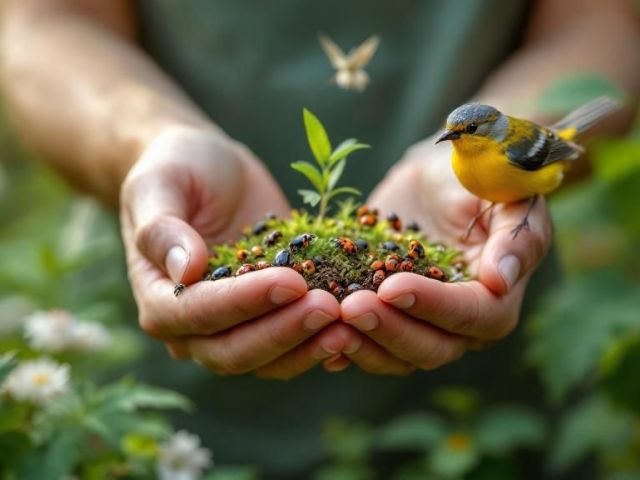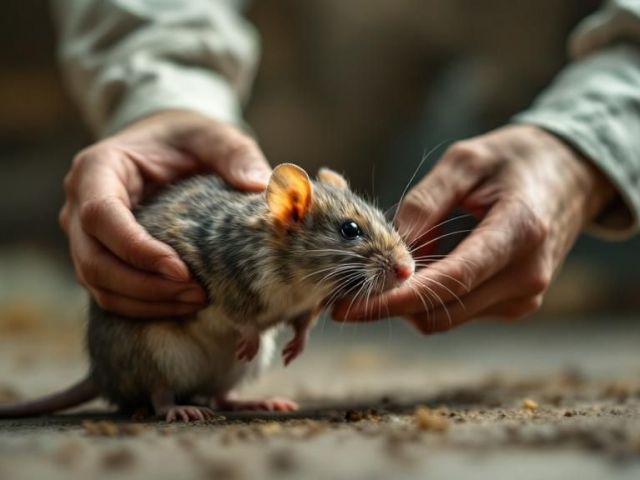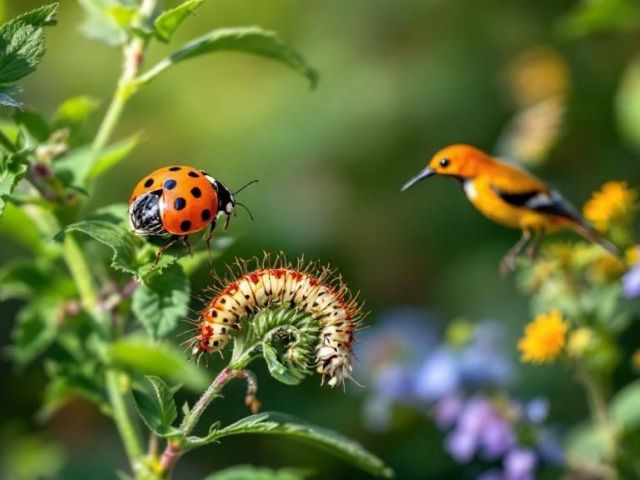Garden Allies or Invaders? Understanding the Role of Ants in Pest Control
Key Takeaways
-
Ants contribute to garden health by aerating soil and preying on harmful pests.
-
Some ant species form symbiotic relationships with plant-damaging insects like aphids.
-
Garden ant populations can expand into homes, creating indoor pest issues.
-
Monitoring and balancing ant activity is crucial for maintaining a healthy garden ecosystem.
-
Pest control experts like DOA Pest Service can help homeowners manage ants without disrupting beneficial insect dynamics.
Ants are some of the most misunderstood creatures in your garden. While many people consider them pests, these industrious insects can also serve as powerful allies in natural pest control. However, when ant activity grows unchecked or certain species become too dominant, the balance of your ecosystem—and even your home’s pest situation—can quickly shift. Let’s explore the complex role ants play and what you need to know to manage them effectively.
The Benefits of Ants in Garden Ecosystems
Ants perform several vital roles that benefit your garden:
-
Soil Aeration: Their tunneling behavior improves oxygen flow and root development.
-
Pest Control: Many ants feed on the larvae of harmful pests like caterpillars, termites, and flies.
-
Seed Dispersal: Some ant species aid in spreading seeds, enhancing biodiversity.
In gardens with high biological activity, ants can help maintain natural order without the need for chemical pesticides. Their role as natural predators helps reduce the presence of pests that damage crops and ornamental plants.
When Ants Become a Problem
Despite their benefits, ants can also introduce issues:
-
Aphid Farming: Certain species, such as Argentine and black garden ants, protect aphids in exchange for honeydew. This relationship encourages aphid infestations, which drain plant nutrients.
-
Soil Disruption: Large colonies can disrupt plant roots and soil structure.
-
Indoor Infestations: Garden ants often become house pests during hot or rainy seasons, searching for food and shelter.
Balancing the presence of ants is key. Overpopulation or colony spread indoors is a sign that intervention is needed.
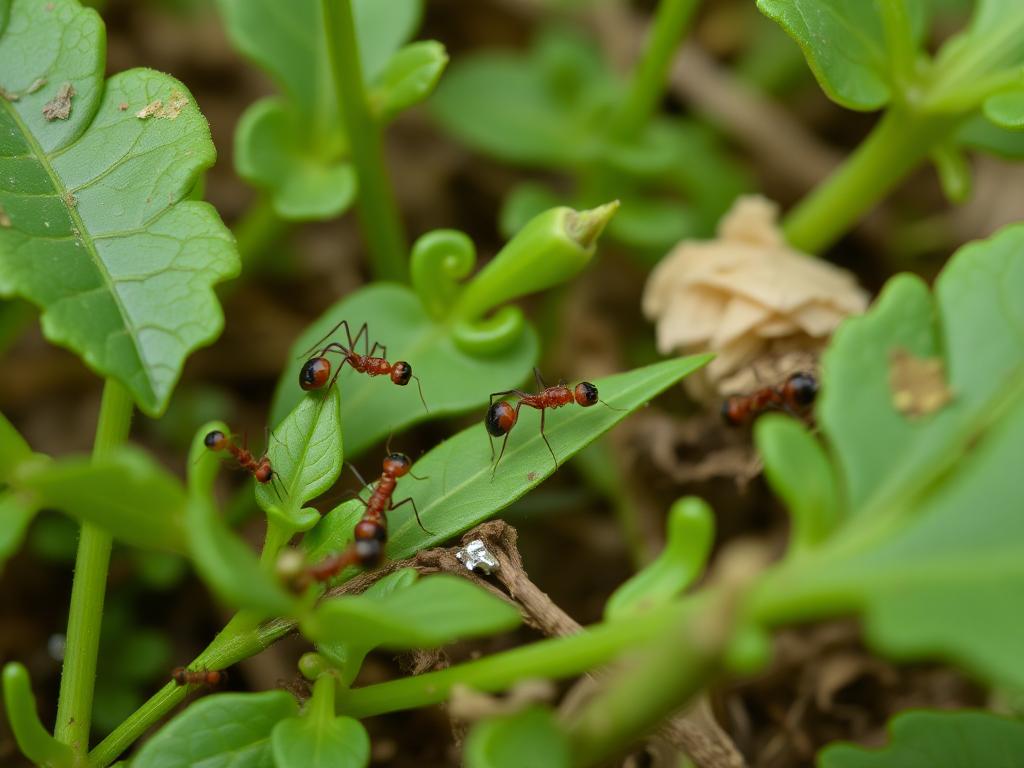
Comparing Ants to Other Beneficial Insects
Ants aren’t the only helpful insects in your garden. Here’s how they compare to other beneficial insects:
-
Ants: Provide soil aeration, natural pest control, and help with seed spreading. However, some species farm aphids and can migrate indoors, becoming a nuisance.
-
Ladybugs: Excellent at controlling aphids and soft-bodied pests. Their drawback is that they are short-lived and may leave the area after a short time.
-
Bees: Essential pollinators that help plants reproduce. The downside is the potential for stings, and their colonies require careful protection.
-
Praying Mantises: Broad-spectrum predators that eat many types of garden pests. However, they may also consume beneficial insects if populations are not balanced.
Understanding these differences allows gardeners to make informed decisions when selecting natural pest control allies.
How to Monitor and Manage Ant Populations
To avoid imbalance, homeowners can adopt several low-impact practices:
-
Use Diatomaceous Earth around garden borders and entry points.
-
Seal Entryways into your home to prevent migration indoors.
-
Encourage Natural Predators like birds or beneficial nematodes.
-
Avoid Overwatering which attracts both ants and aphids.
These methods support a healthy garden without completely eliminating the ant population—preserving their beneficial functions.
Why a Professional Assessment May Be Necessary
Some situations require more than DIY efforts. Large colonies, recurring infestations, or the presence of invasive species like fire ants often call for expert help. Professionals can:
-
Identify the specific ant species and their impact on your ecosystem
-
Apply targeted treatments that avoid harming beneficial insects
-
Monitor long-term activity to ensure your garden stays balanced
Companies like DOA Pest Service offer integrated solutions that respect garden biodiversity while addressing ant problems at the source. With tailored service plans, they help homeowners in Tennessee keep both their gardens and homes pest-free.
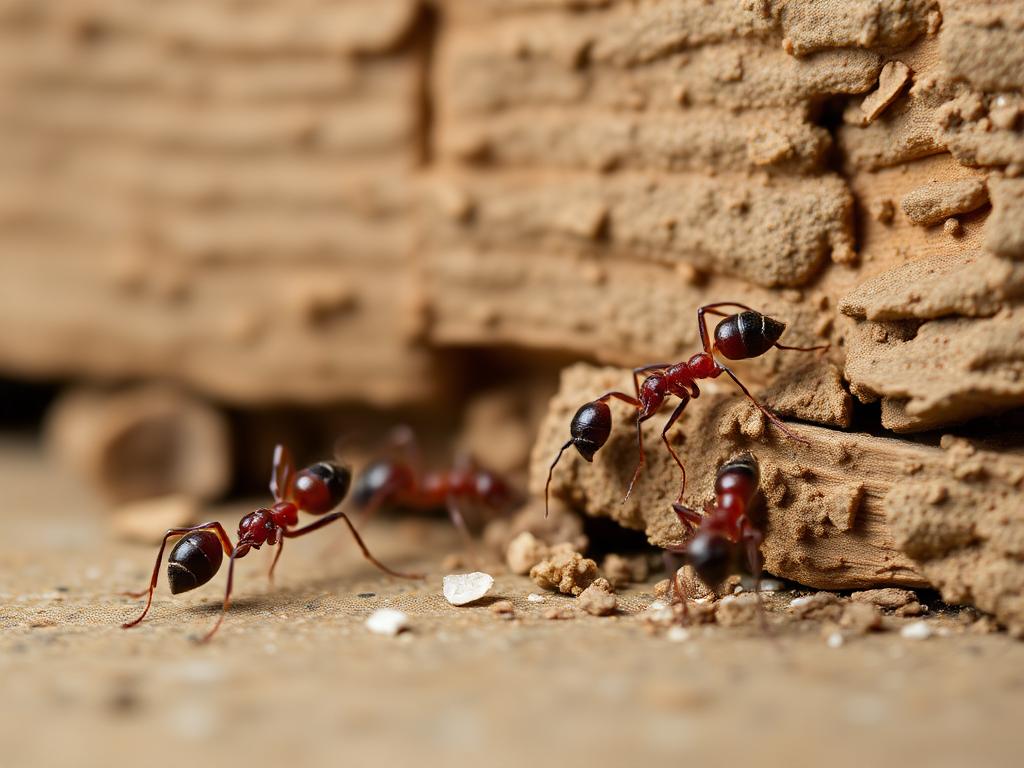
The Garden-Ant Connection to Indoor Pest Control
It’s easy to overlook the connection between your outdoor ant populations and indoor infestations. Ants foraging in gardens often explore wall gaps, window sills, and plumbing lines for access to food and moisture.
If you notice kitchen trails or ant activity near baseboards, it may be time to assess both your interior and garden conditions. Addressing the garden side first can often stop the problem before it spreads indoors.
Coexisting with Ants Without Compromising Your Home
While ants can be an asset in the garden, unchecked colonies pose risks to both your landscape and your home. Understanding which species are helpful and which are harmful is the first step to maintaining balance.
For Tennessee residents, enlisting expert help can make all the difference. Services like those from DOA Pest Service offer precise treatment strategies that protect your garden’s ecosystem while eliminating unwanted ant intrusions. With a balanced approach, you can enjoy the best of both worlds: a thriving garden and a pest-free home.
Frequently Asked Questions
Are ants in the garden good or bad?
They can be both. While they help with soil health and pest control, some species farm aphids or become invasive.
Can ants damage plants directly?
Not usually. However, large colonies may disturb root systems or protect pests that harm plants.
What’s the best way to manage ants naturally?
Try using diatomaceous earth, essential oils, or attracting natural predators like birds.
When should I call a professional?
If ants are entering your home, forming large mounds, or if you suspect fire ants, it’s best to consult a pest control expert.
Can professional treatments harm my garden?
Reputable services use targeted, eco-conscious solutions that avoid harming beneficial garden life.

